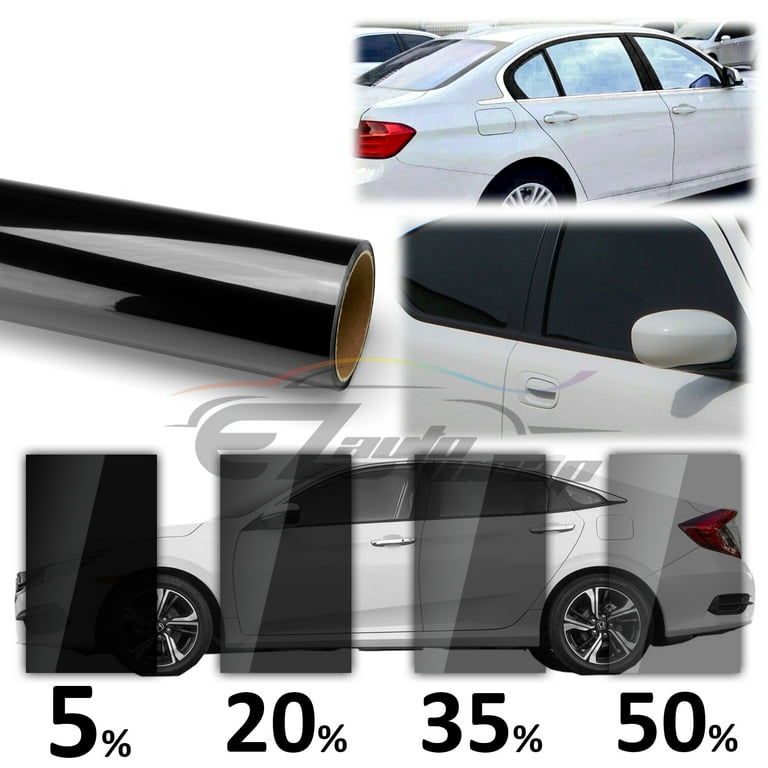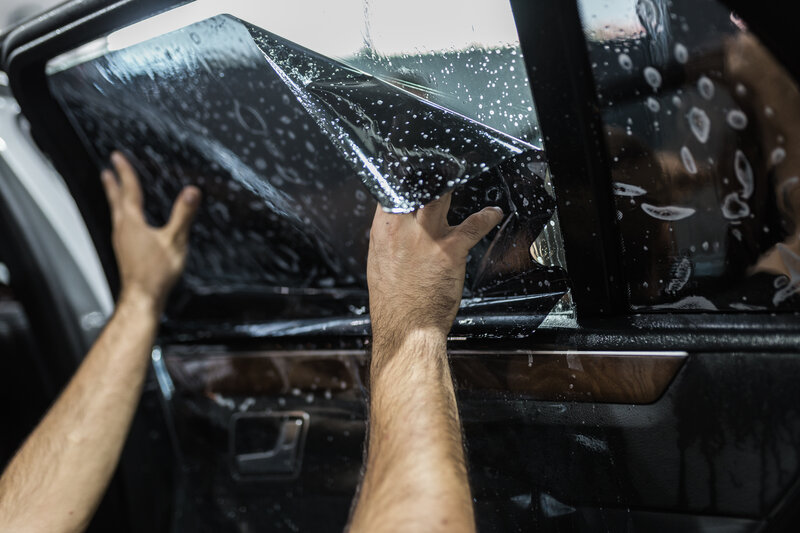Just How Auto Window Tinting Can Boost the Resale Worth of Your Car
Just How Auto Window Tinting Can Boost the Resale Worth of Your Car
Blog Article
Home Window Tinting Regulations and Standards: What You Required to Know Before Tinting Your Automobile
Before proceeding with home window tinting for your car, it is crucial to familiarize on your own with the diverse regulations and standards that control this technique throughout various states. These regulations dictate the permitted degrees of tint darkness, usually gauged by noticeable light transmission (VLT) portions, and include details stipulations for front windscreens intended at making sure roadway safety and security.
Review of Home Window Tinting Rules
Home window tinting laws are often subject to variation across different territories, showing regional laws and security considerations. These legislations dictate the allowable levels of color darkness and reflectiveness on lorry windows, ensuring that motorists preserve sufficient visibility while also securing against harmful UV rays and warmth.
Many regulations identify window tinting based on the Visible Light Transmission (VLT) percent, which shows the amount of light that can go through the window. Normally, lower VLT percents represent darker tints. Regulations usually differentiate in between the front, side, and back windows, with stricter constraints put on the front windshield to improve security for both the chauffeur and various other road users.
Compliance with window tinting guidelines is crucial, as violations can result in fines, required removal of the tint, and prospective boosts in insurance coverage premiums. It is important for car owners to familiarize themselves with local laws before proceeding with window tinting installments.
State-by-State Color Rules
Understanding the particular home window tinting policies in each state is important for automobile proprietors looking for to abide by the regulation. Each state in the united state has actually established its very own set of regulations controling home window tinting, which can vary significantly. These policies commonly dictate the allowed degrees of color darkness, the kinds of home windows that can be tinted, and any kind of clinical exceptions that might apply.
For example, states like The golden state have rigorous limitations on tint darkness for front home windows, while others, such as New Mexico, may permit darker colors. In addition, specific states mandate particular visibility portions for numerous home windows, including the windscreen, front side windows, and back windows. It is vital for cars and truck owners to familiarize themselves with their state's laws to prevent prospective penalties or penalties.
In addition, some states might need a certification sticker label to be put on colored windows, showing compliance with state regulations. Failure to abide by these policies not just runs the risk of lawful consequences yet can additionally impact safety and security and presence while driving. As a result, automobile proprietors need to perform comprehensive study or seek advice from local authorities to make certain full understanding and conformity with state-by-state color laws.
Allowed Color Levels and Kinds
Numerous lorry owners might be amazed to learn that permitted tint levels and kinds differ commonly across various states. Each state has developed its very own policies regarding the permissible darkness and reflectivity of window color, commonly measured by Visible Light Transmission (VLT) percentages. VLT refers to the amount of light that can pass with the tinted home windows; thus, a lower percentage shows a darker tint.

In addition, the kinds of tint products allowed can vary, with some states prohibiting metallic or mirror-like finishes. It is vital for car owners to acquaint themselves with their state's certain laws to guarantee conformity. Non-compliance can lead to fines, necessary removal of the color, or other legal effects, making it necessary to recognize these guidelines prior to waging installment.
Medical Exemptions for Tinting
While not all states offer allowances for medical exceptions regarding window tinting, those that do recognize the necessity for details individuals to enhance presence and convenience due to medical conditions. Various clinical problems, such as lupus, skin cancer cells, and certain eye conditions, can render individuals particularly delicate to sunshine. These individuals might require darker tints to shield themselves from damaging UV rays and glare.

It is necessary to keep in mind that even with a clinical exemption, there might still be constraints on the degree of tint permitted. Conformity with state legislations ensures that people are both secured and within legal limitations. Those considering clinical exemptions need to contact Learn More their neighborhood Department of Electric motor Vehicles or equal authority to comprehend the treatments and requirements required to look for an exception effectively.
Fines for Non-Compliance
Failing to abide by window tinting legislations can bring about considerable charges, which differ by state. Regulation enforcement agencies are empowered to provide citations for cars that do not stick to the defined tinting laws. These penalties normally consist of fines, which can range from small total up to numerous hundred bucks, depending on the extent of the infraction and the state in inquiry.
In some territories, duplicated offenses might result in escalating fines or extra charges, such as mandatory court looks. Furthermore, non-compliance may require the removal of illegal tinting, usually at the proprietor's expense. In extreme cases, habitual culprits may deal with suspension of their vehicle registration till conformity is accomplished.
Additionally, insurance policy effects might develop from receiving multiple citations for home window tint infractions. Insurance providers might view such violations as a sign of riskier behavior, potentially leading to raised costs or trouble in insurance coverage.
To prevent these fines, it is essential for automobile proprietors to familiarize themselves with their regional window tinting regulations and make certain that their vehicle complies (Window Tinting). This aggressive technique not only stays clear of lawful ramifications however also promotes roadway safety
Conclusion

Many regulations classify home window tinting based on the Visible Light Transmission (VLT) percentage, which suggests the quantity of light that can pass with the window. Compliance with window tinting policies is vital, as infractions can result in penalties, required removal of the color, and potential boosts in insurance premiums.Comprehending the particular home window tinting laws in each state is essential for lorry owners seeking to abide with the regulation. These regulations usually dictate the allowable degrees of color darkness, the kinds of home windows that can be tinted, and any kind of medical exemptions that might apply.
For instance, her response states like The golden state have stringent restrictions on tint darkness for front windows, while others, such as New Mexico, might allow darker colors.
Report this page